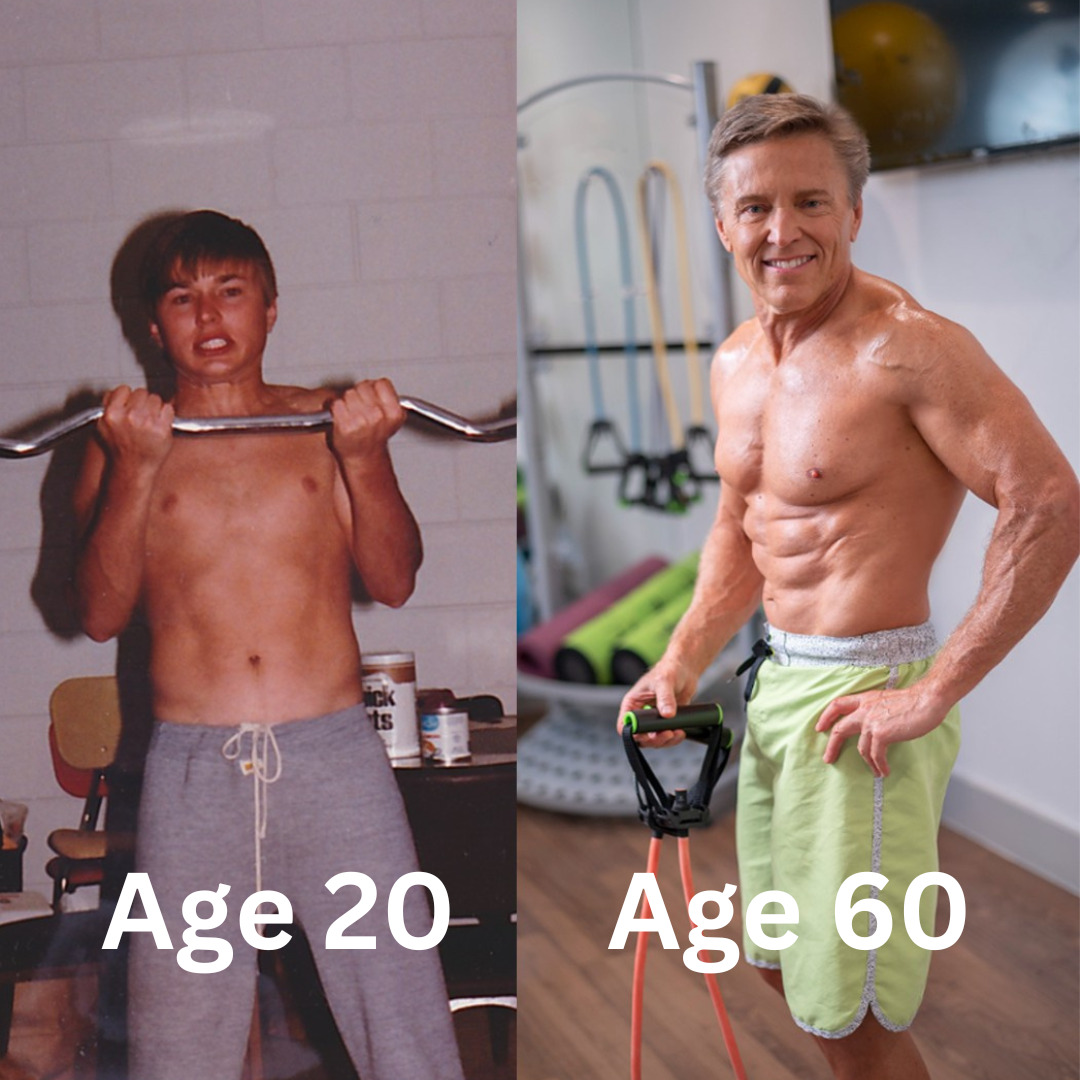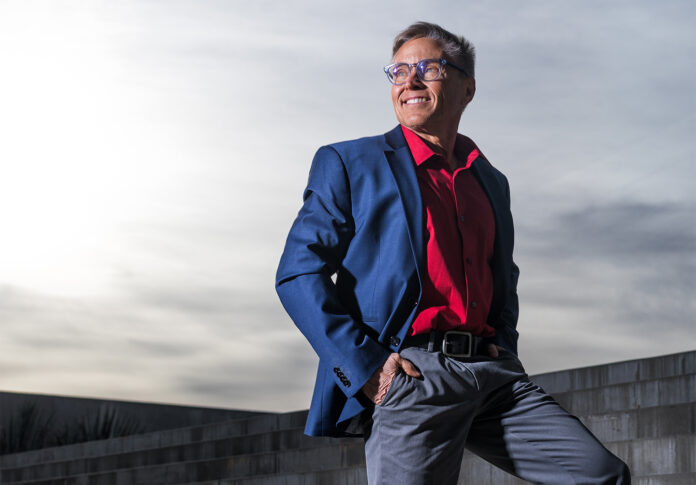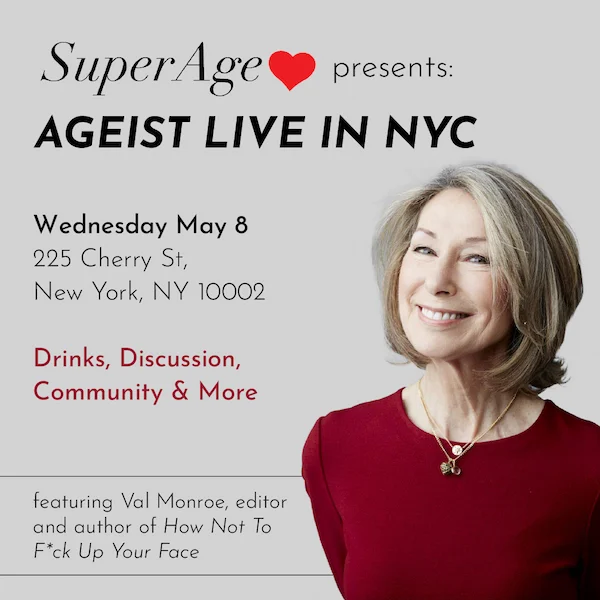I grew up in a home with a problem drinker. My father was more interested in alcohol than he was in anyone else, including his four children of which I was the eldest. My father was functional. He went to work and paid the bills, but he was not involved in the lives of his children.
We moved to Huntsville, AL from Buffalo, NY when I was eight years old. I never fit in and did not go away to university after high school. I went to the University of Alabama in Huntsville, or UAH, also known as university at home. I was good at math and my mission was to finish my degree as soon as possible because I knew this was my escape from the dysfunction of my environment. I graduated in three and a half years while working part-time the entire time. It wasn’t a fun college experience but my mission was realized.
After graduating, I moved to Florida and I started drinking regularly. Fortunately for me, I met a marathon runner, Dave, who encouraged me to run with him. I started running regularly with Dave. I was surprised by how good of a runner I was, but the drinking continued and was escalating. Perhaps this sounds obvious, but it became very clear to me, in a physical way, that I could not run well the next day after drinking. The effect of alcohol was becoming real, and I did not like it.
One Friday after work, I had a few happy hour drinks. Afterward, I was driving aggressively through I-95 traffic in my Mazda RX-7, but a voice in my head suggested that I slow down. I immediately reduced my speed to the legal limit and looked over my right shoulder to see a state trooper glaring at me. I was fortunate that I was not pulled over, as I was probably over the legal blood alcohol limit.
From Drinking to Exercise
This event powerfully influenced me, and I decided to stop drinking. I “crossed” over to exercise and I became very committed to exercise six days a week. I would not let anything interfere with my exercise because I felt that this was my protection from the effects of alcohol that I had seen in my father.
I experienced several benefits by replacing drinking with exercise, but it did not solve all of my problems. In addition to being a northern kid in the Deep South, I only weighed 118 pounds in high school. I had not been competitive in sports and now, suddenly I was! Exercise was also a powerful stress reliever for me. However, socially, I did not have much self-esteem. I did not have enough confidence to have a girlfriend in high school or college. Exercise did not change this part of my life. I did not date very much at all in my twenties. I got married at 34 to the first girlfriend I had.
We had a functional marriage but, after about fifteen years, my inner voice told me that I had more growing to do and it would need to happen outside of my marriage. I agonized over this for months. I finally summoned the courage to approach my wife with the idea of divorce. She must have been ready to grow some too, because she readily agreed. We did not have children so the separation was easy.
While I was moving my things, I came across pictures of me in my twenties. I was stunned because I saw a good-looking guy who only lacked self-confidence. I had the epiphany where I realized that the only person holding me back all these years was… me and my thinking.

After the divorce, many changes occurred. I engaged in several self-help programs and started to date. One woman I dated had an alcoholic father who physically abused her. When I told her my story she shared with me, “I would rather have been physically abused than neglected.” Hearing these words shocked me. I did not realize that I had been wounded. At this point I realized I had wounds and these wounds had not been healed.
Al-Anon
Over the years I had the occasional drink. I went to a few Alcoholics Anonymous (AA) meetings to decide if I was an alcoholic. Using AA guidelines, I decided that I was not an alcoholic but I learned of another group, Al-Anon, that is a support group for friends and families with problem drinkers. In Al-Anon I learned that alcoholism is a family disease. I also learned that there were solutions. I started attending Al-Anon meetings and reading Al-Anon literature regularly.
In May of 2019, my father fell and went to the emergency room. I was not sure if I wanted to see my father in Alabama. Two years prior, my father recovered from a heart attack. I did not visit him then. I decided to go to Alabama, mainly because I wanted to support my family.
Over the summer and fall, my father moved back and forth between the hospital, nursing care, and his home. I returned several times to Alabama and helped my family and my father with several important tasks. In my trips back to Alabama, I observed selfish behaviors in my father and I realized I did some of the same things. This disturbed me. I thought I had grown past this, but I had not.

During an Al-Anon meeting late that year, someone shared that he had forgiven his son for all of the problems his son had caused. I immediately asked myself if I could forgive my father and my answer was, “No, I do not think I can.” A few minutes later, another person shared that a miracle had happened in her life. I concluded that I was open to the possibility that a miracle could happen and I could forgive my father. That was as close to forgiving him as I could get.
Recently, I found out that my running friend Dave, who I mentioned earlier, had passed away. I learned that he had been a recovering alcoholic, was active in AA, and had not had any alcohol in almost fifty years when he died. I had suspected the reason he took special interest in me was because he had his own problems with alcohol, but he never disclosed that to me.
I am grateful that Dave showed interest in me and helped me embrace exercise. Of course I now understand that I changed from a particularly hazardous addiction to another functional addiction. Functional addictions are often rewarded handsomely. Someone who is addicted to work will often get promoted and receive more money. In my case, I got abs at age 60.

Signs of Addiction
What makes a behavior an addiction? In Goodman’s classic 1990 paper, “Addiction: Definition and Implications” the author suggests that you might have an addiction if five of the following nine characteristics are true:
-
Frequent preoccupation with the behavior with activity that is preparatory to the behavior
-
Frequent engaging in the behavior to a greater extent or over a longer period than intended
-
Repeated efforts to reduce, control or stop the behavior
-
A great deal of time spent in activities necessary for the behavior, engaging in the behavior or recovering from its effects
-
Frequent engaging in the behavior when expected to fulfill occupational, academic, domestic or social obligations
-
Important social, occupational or recreational activities given up or reduced because of the behavior
-
Continuation of the behavior despite knowledge of having a persistent or recurrent social, financial, psychological or physical problem that is caused or exacerbated by the behavior
-
Tolerance: need to increase the intensity or frequency of the behavior in order to achieve the desired effect or diminished effect with continued behavior of the same intensity
-
Restlessness or irritability if unable to engage in the behavior
I can honestly say that most of these were true for me with the exception of 3. I made no effort to reduce my exercise volume or intensity. I certainly became restless and irritable if I was unable to exercise when I wanted to.
I am still regular and consistent with my exercise, but I understand that there are times when other activities are more important for me to attend to. I build some flexibility in my schedule. I like to exercise in the morning so I know that I have completed my exercise and don’t need to stress that I might be squeezed for time later in the day.
Exercise alone was not sufficient to address the deeper emotional issues that I had and still have. I will always encourage people to exercise and engage in healthier lifestyles, but I also encourage them to seek treatment and support to address underlying emotional problems that exercise will not solve.

My father passed away at the end of 2019. I was the last person to talk with him. That last conversation I had with him became a miracle for me, because I became open to it happening. I gave the eulogy at my father’s funeral service. I concluded with, “Dad, I love you and I forgive you.”
Written by Greg Damian, author, motivational speaker, health and fitness influencer and a coach. You can learn more about him at www.absat60.com.




Thanks for this Greg.
You are welcome Anne.
Best wishes to you.
Thanks, Greg!
Thanks for coming over here and reading the article.